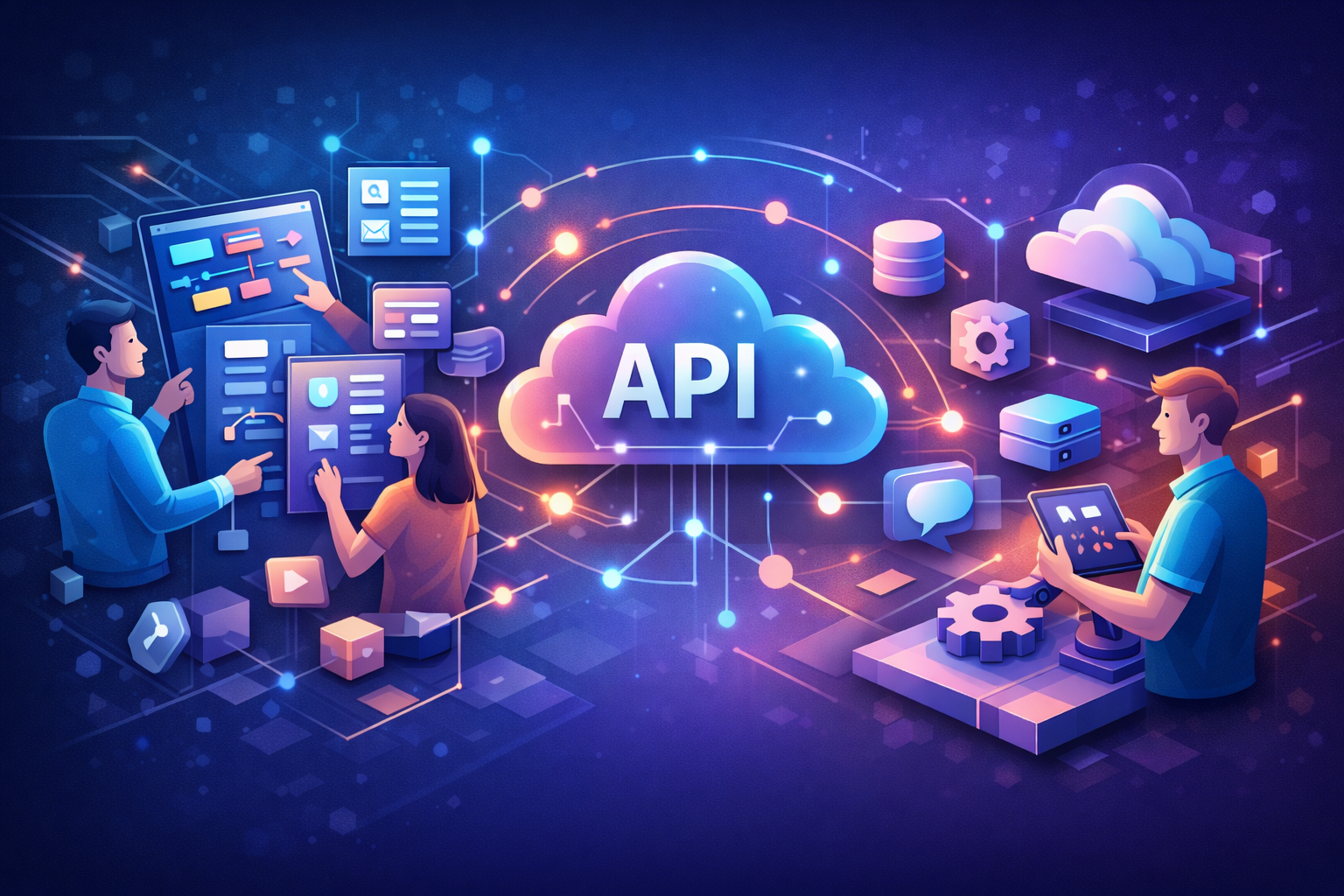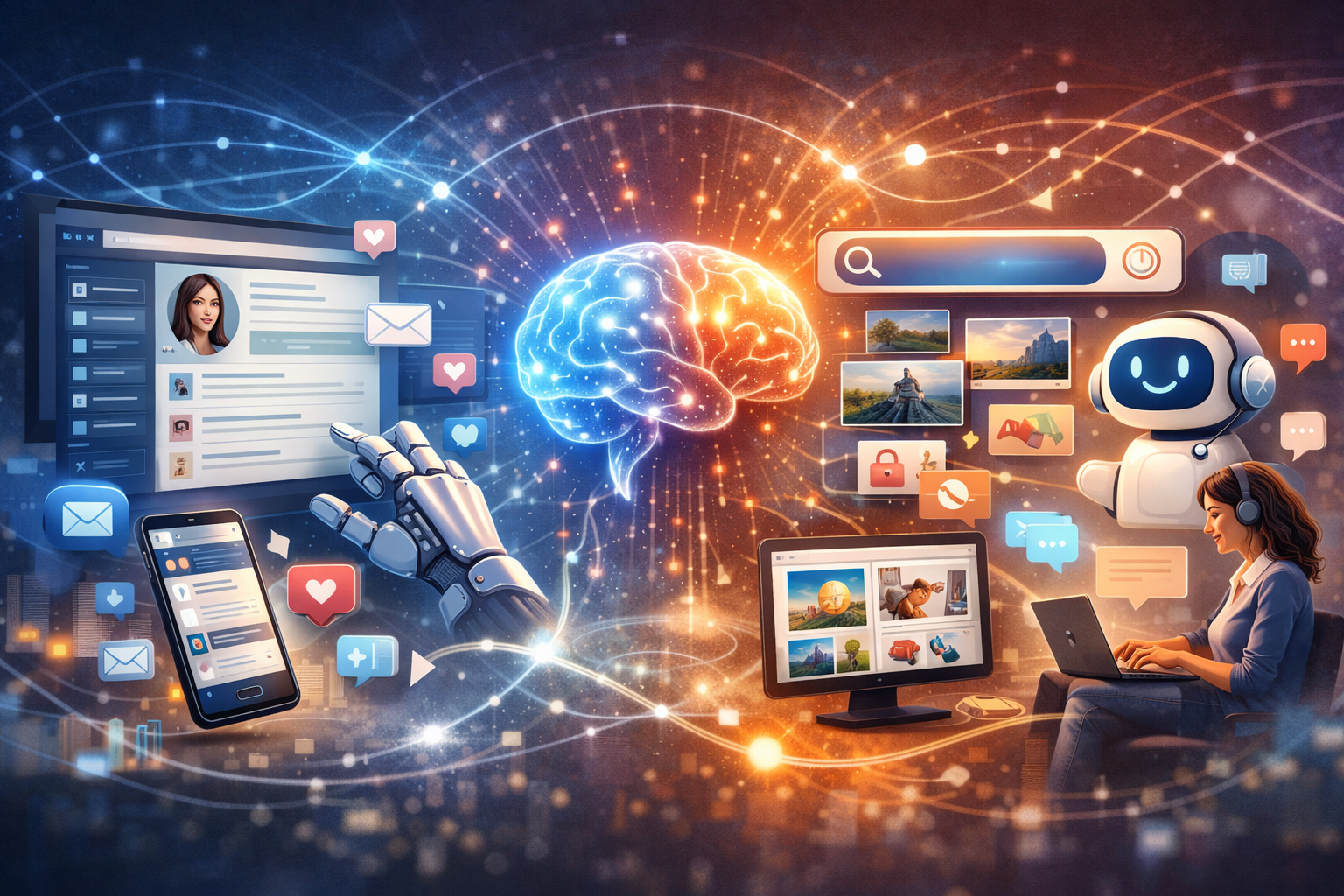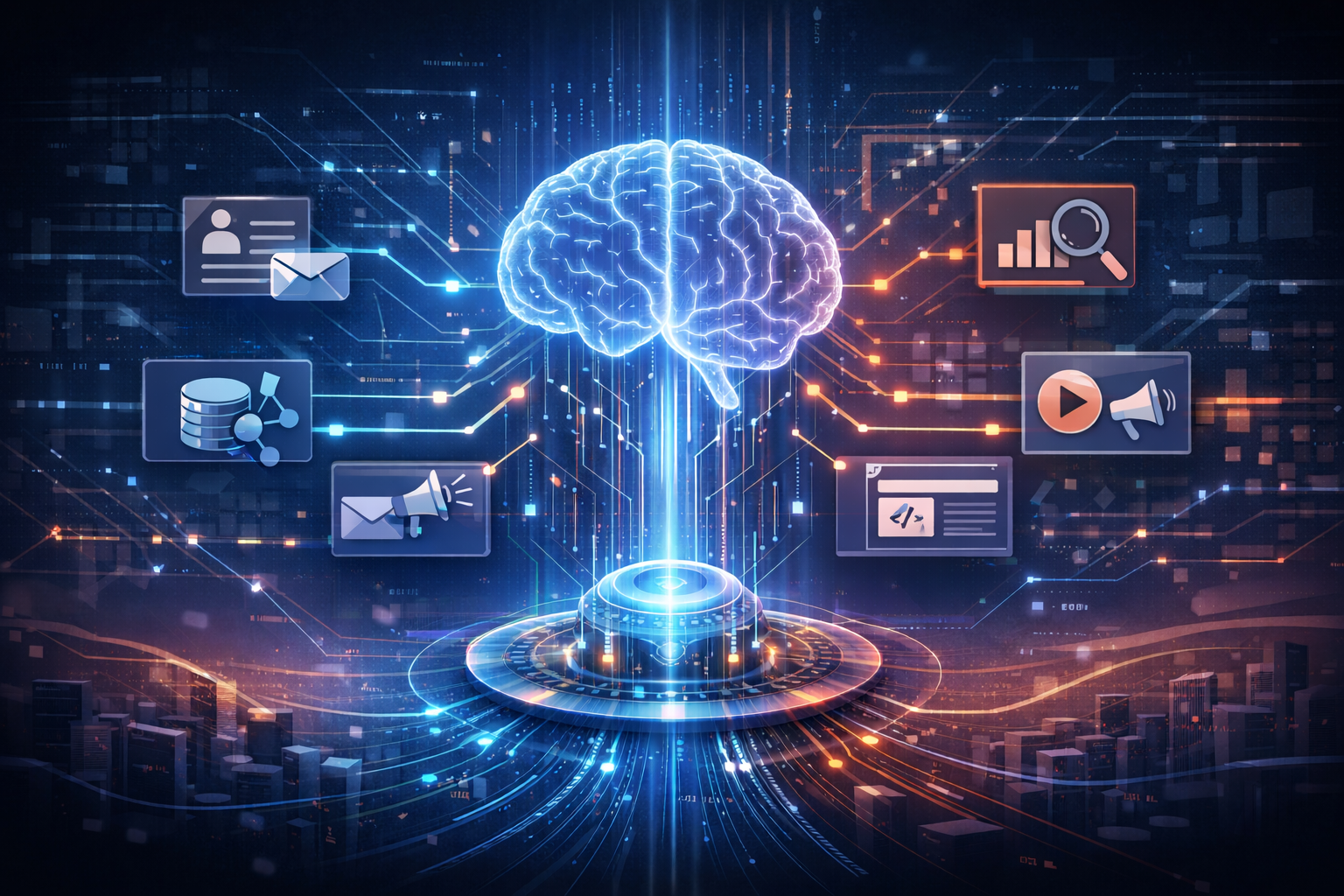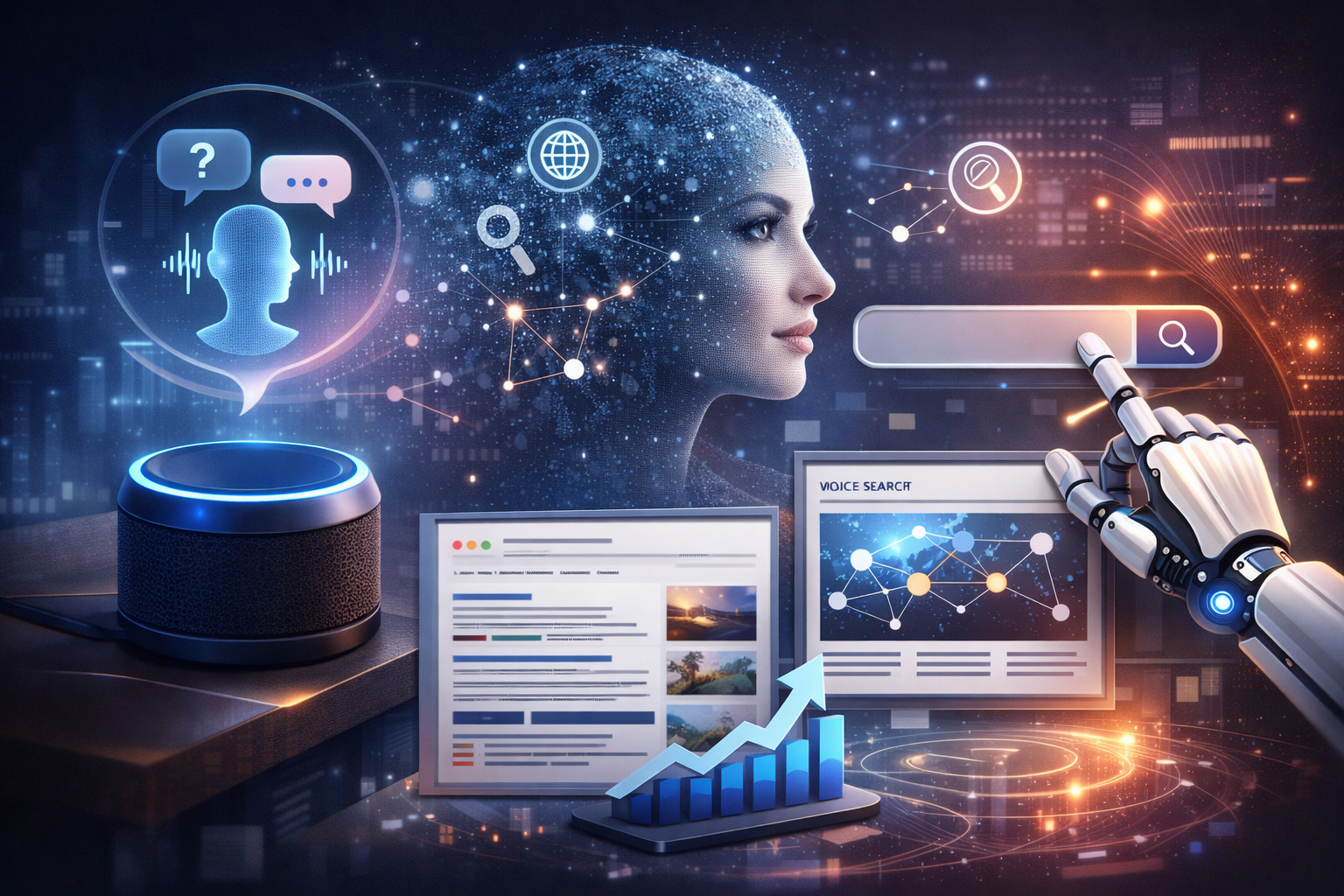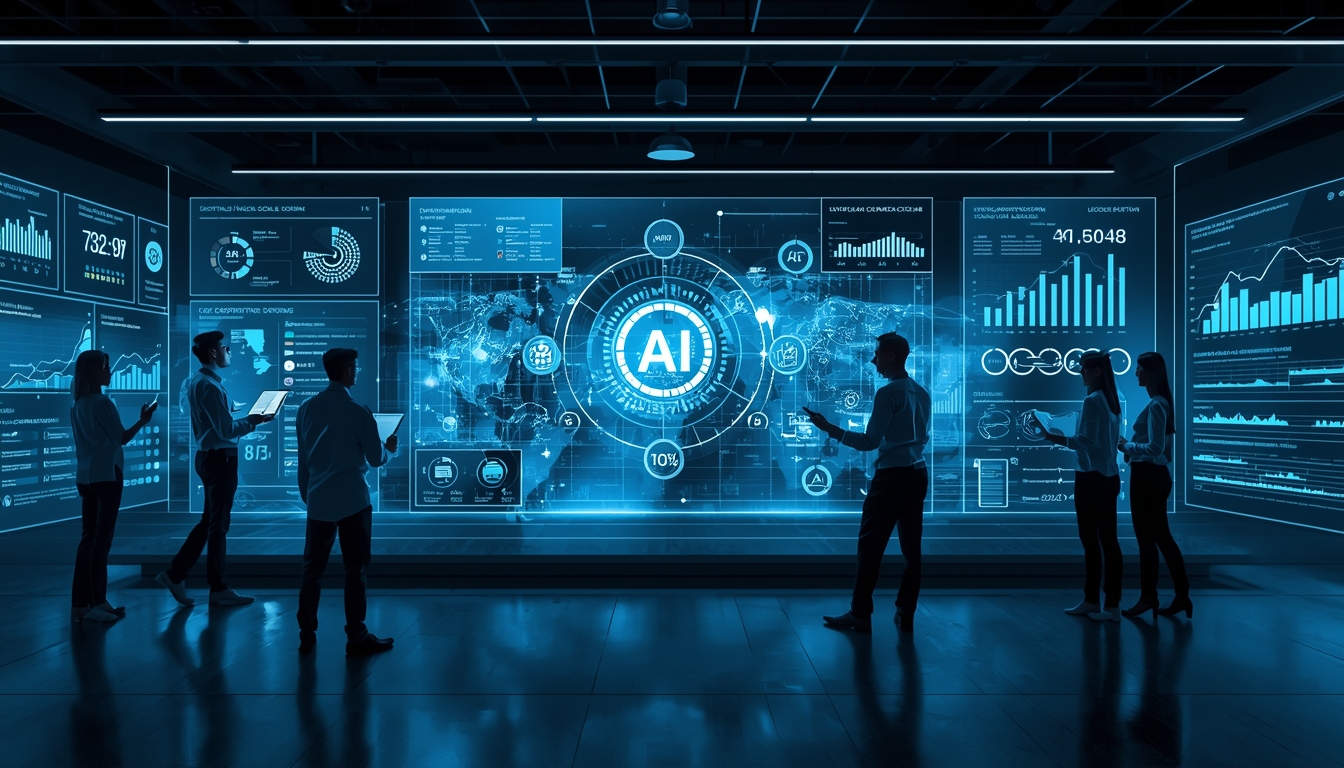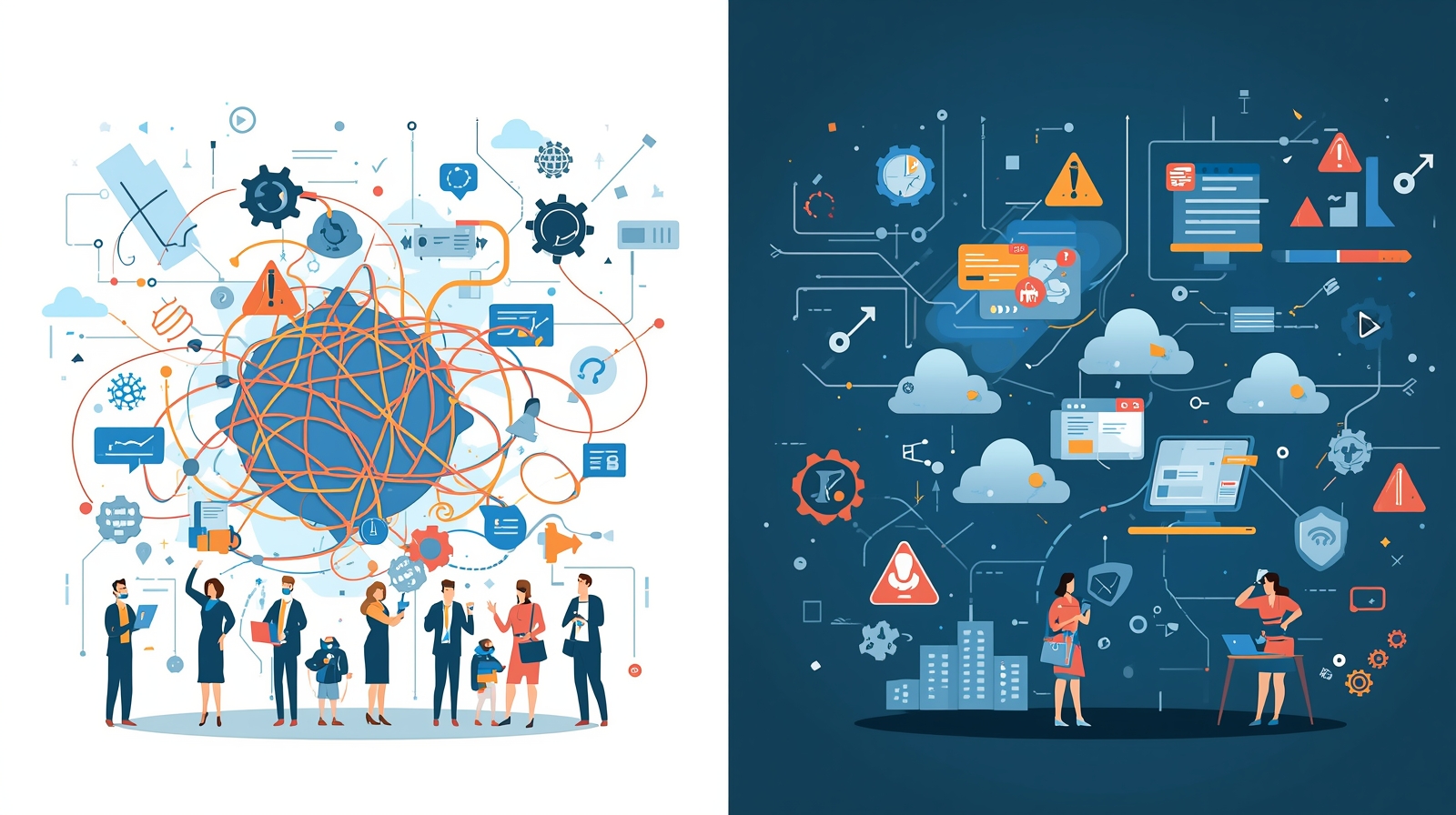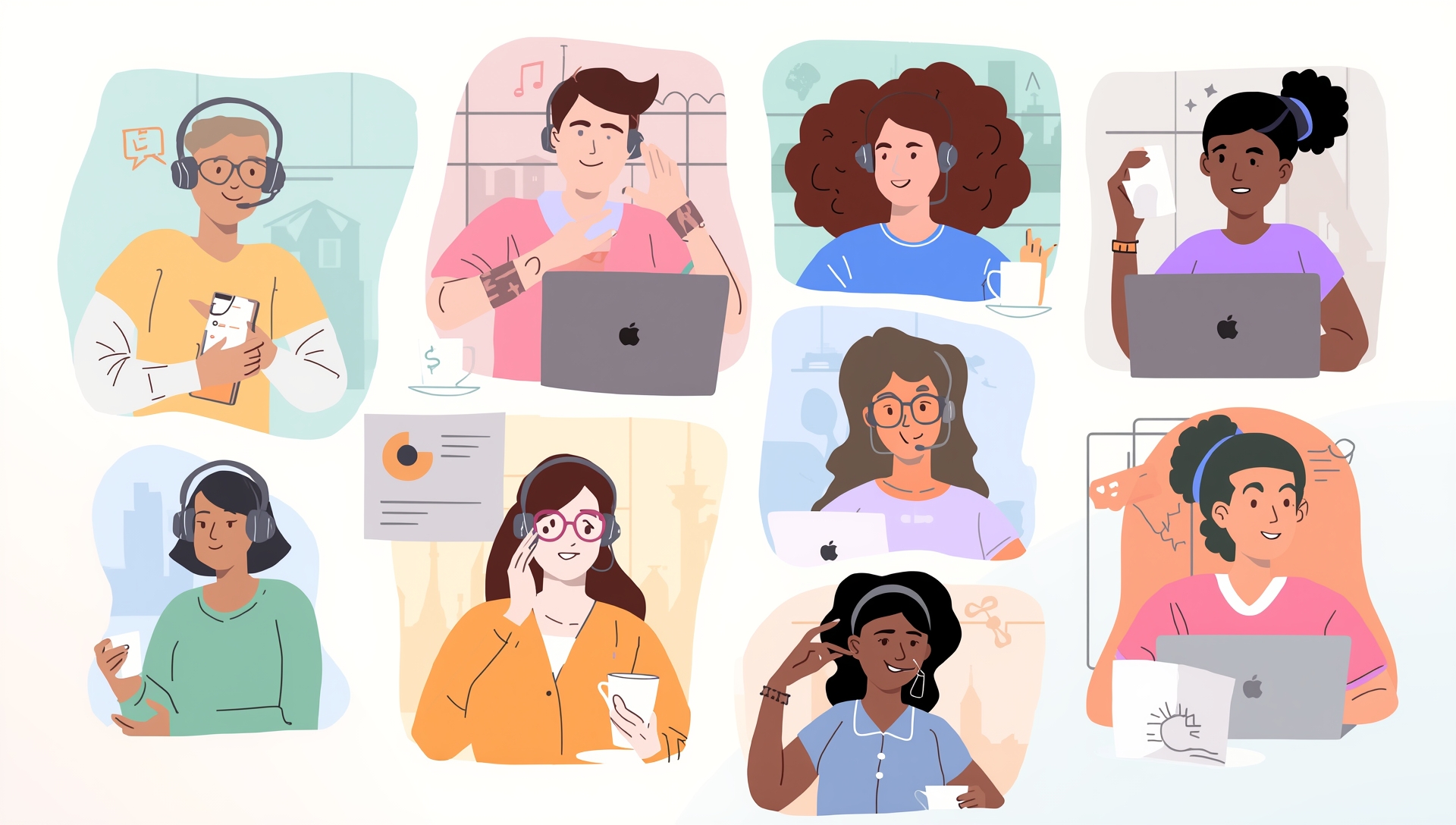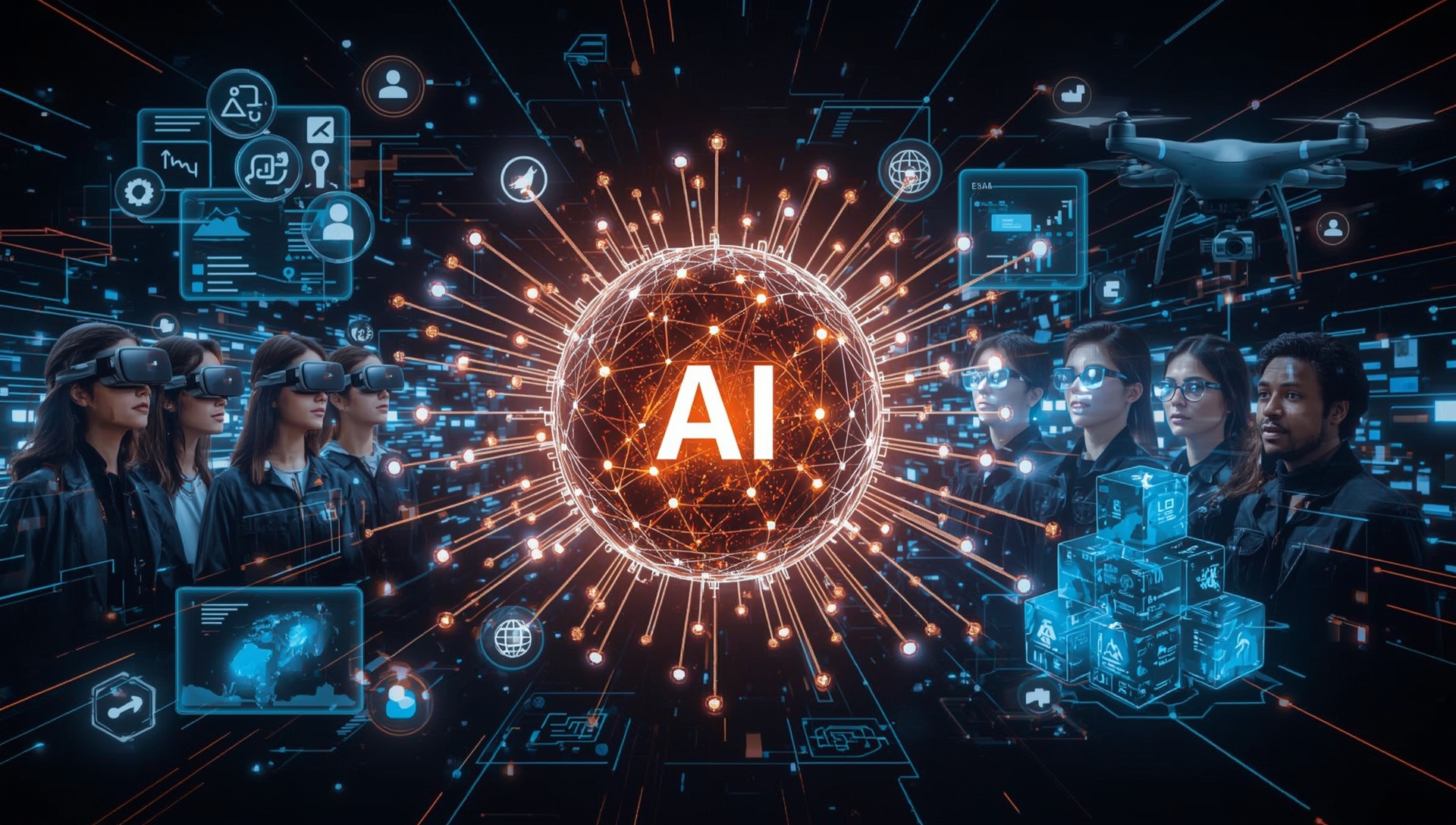
Google, a titan in the tech world, finds itself at a crossroads. As artificial intelligence (AI) rapidly evolves, the company faces a dual challenge: navigating a complex regulatory landscape while simultaneously shaping public perception and policy around this transformative technology.
A Proactive Approach to AI Regulation:
Recognizing the impending wave of AI regulations, Google is proactively engaging with policymakers. A key strategy involves building robust educational programs to equip the workforce with AI literacy. Kent Walker, Alphabet’s president of global affairs, emphasizes that widespread AI understanding fosters better policymaking and unlocks new opportunities. This proactive approach aims to position Google as a responsible leader in AI development, mitigating potential regulatory hurdles and fostering a more favorable environment for innovation.
The Regulatory Landscape:
Google’s current business ventures already face intense scrutiny.4 In Europe, the company is negotiating with regulators regarding its advertising business. In the U.S., the Justice Department is pursuing a case to break up its Chrome browser. These legal battles underscore the heightened regulatory scrutiny facing Big Tech.
The emergence of AI further complicates this landscape. Governments worldwide are grappling with the potential societal impacts of AI, including copyright issues, privacy concerns, and the risk of job displacement. The EU AI Act, a landmark piece of legislation, aims to categorize AI systems based on their risk level and impose stringent requirements on high-risk systems. While this legislation seeks to ensure responsible AI development, it has drawn criticism from tech giants who fear the potential impact of hefty fines.
Addressing Job Displacement:
One of the most pressing concerns surrounding AI is the potential for widespread job displacement. Google acknowledges this concern and is actively working to mitigate its impact. The company has launched a $120 million investment fund to support AI education programs, aiming to equip workers with the skills necessary to thrive in an AI-powered economy.
Initiatives like “Grow with Google” provide online and in-person training programs, covering skills like data analysis and IT support. These programs aim to enhance employability and prepare workers for the evolving job market. Google has also partnered with community colleges to train workers for in-demand roles in the data center industry, incorporating AI education into these programs.
Beyond Classroom Training:
Google recognizes that traditional classroom training may not be sufficient to address the challenges of workforce retraining in the age of AI. Economist David Autor, a visiting fellow at Google, emphasizes the need for more immersive and engaging training methods, such as AI-powered simulations. This approach aims to make retraining more effective and appealing to adult learners.
Long-Term Vision:
While acknowledging the potential for job displacement, Google’s long-term vision is more nuanced. The company believes that AI will primarily augment human capabilities rather than replace them entirely. Studies commissioned by Google, Goldman Sachs, and McKinsey suggest that AI will be integrated into most jobs, transforming rather than eliminating them.
Conclusion:
As AI continues to reshape our world, Google faces a critical juncture. By proactively engaging with policymakers, investing in workforce education, and fostering innovative training methods, the company aims to navigate the regulatory landscape while ensuring that the benefits of AI are broadly shared. The success of these efforts will not only determine Google’s future but also shape the trajectory of AI development and its impact on society.


